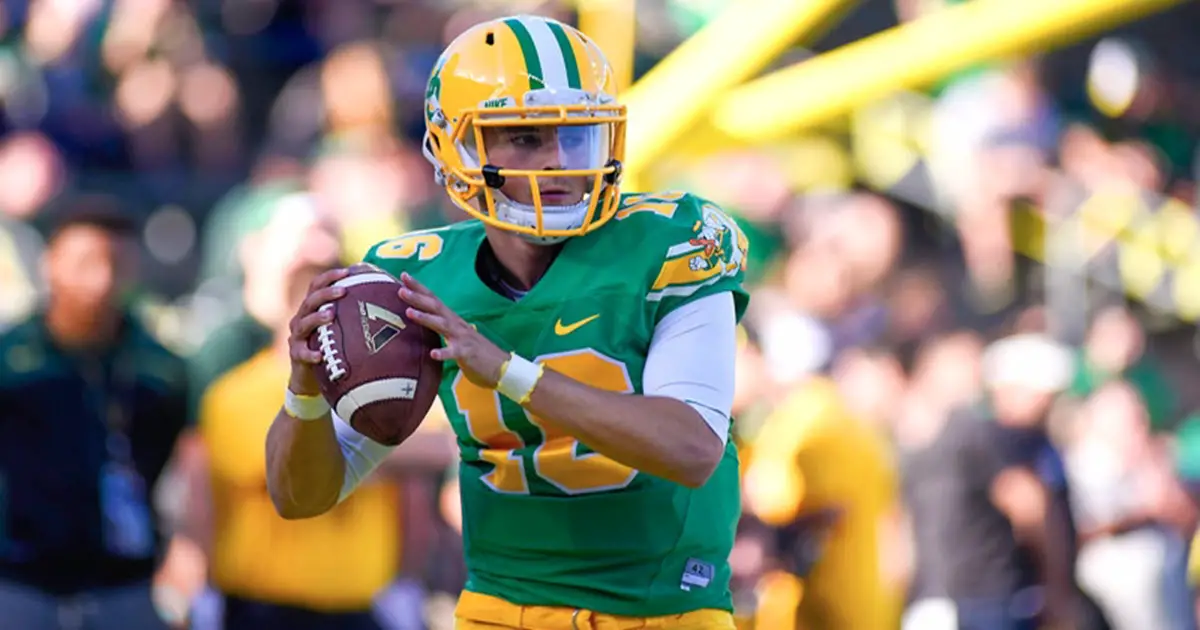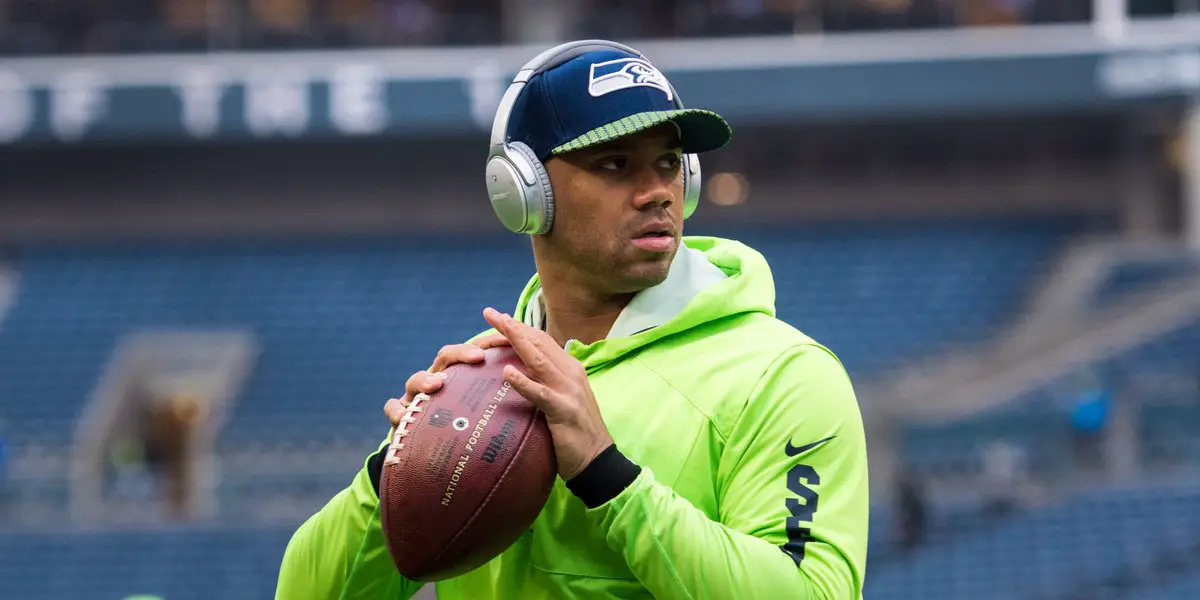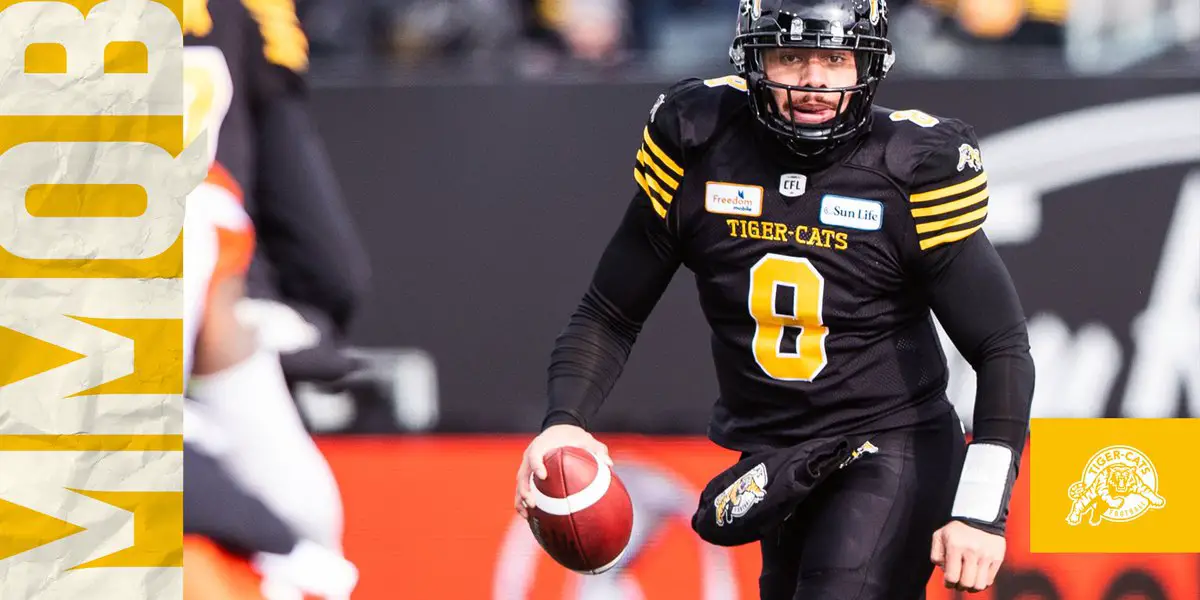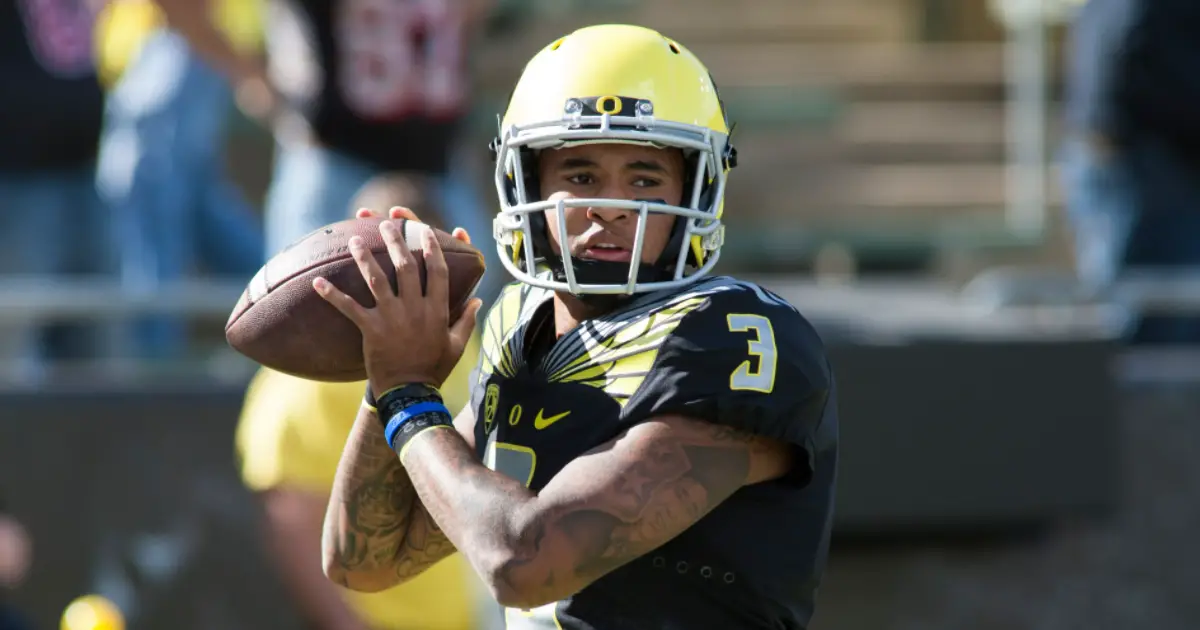I never thought I would do this, but, I’m going to apply Bob Dylan to sports. (Stick with me, folks!) As Dylan once sang, “Oh the times, they are a-changin’.“
As talk of an amendment to the NCAA’s transfer rules heats up, Dylan’s words may prove more true than ever. In a move that could rock college sports to the core, the NCAA is examining whether or not to allow undergraduate athletes to transfer and play immediately. There are currently five sports that enforce a one-year waiting rule: football, men’s and women’s basketball, hockey and baseball. The University of Oregon has plenty of examples of how this rule has been utilized in the past.
In short, for those who are unfamiliar with the trend, the current one time transfer exception works like this. (Pay attention; it gets tricky!) A player transferring from a Football Bowl Subdivision team (formerly 1-A for the old timers) going down to a Football Championship Subdivision team (formerly 1-AA) can play right away. Players doing the reverse — going from a 1-AA school to a 1-A school — must forfeit a year of eligibility.

Former University of Oregon quarterback Morgan Mahalak ended up at Towson University after transferring.
This rule has been in place, largely unchanged, since 1994. One example of a player going from a 1-A school to a 1-AA school is former Oregon quarterback Morgan Mahalak, a four-star 2014 prospect who many thought could be the heir apparent to Marcus Mariota. Mahalak ended up transferring to Towson University in Maryland, with moderate success.
Here’s where it gets interesting, because there is a second loophole (there always is, right?) The Graduate Transfer Rule, as it’s commonly known, says that, if a player graduates from a 1-A school with a four-year degree, he is eligible to play immediately at another school. The first use of this exception was former Duke University guard Tyler Krieg, who started at Duke in 2006, then graduated and transferred to the University of California where he played immediately.
For Oregon fans, the most prevalent example of this particular rule is Vernon Adams Jr. who transferred from Eastern Washington University to Oregon in 2015 and kicked off a brief trend of graduate transfer quarterbacks coming to the university.

Russell Wilson left NC State for Wisconsin and a 2012 Rose Bowl.
The NCAA statistics show that, as of 2019, less than 1 percent of men’s football players transferred after graduation. But the trend, according to an NCAA report, has nearly tripled in the last half decade. The most well-known example of this rule is Seattle Seahawks quarterback Russell Wilson. The former North Carolina State University signal caller graduated and transferred to University of Wisconsin and led the Badgers to the 2012 Rose Bowl. Wilson, as we all know, has found wild success in the National Football League.
The reason these transfer exceptions were put into place was to give players some freedom of movement while allowing some way to prevent teams from stacking themselves with talent. Then again, there’s an argument to be made that teams such as the 2001 Miami Hurricanes, 2006 University of Southern California Trojans and 2006 University of Texas Longhorns will happen anyway. If the newly-proposed transfer rule change with no waiting goes through, it might be a case of the rich robbing the poor to get even richer, even faster; however, the issue is even more complex.
One other major concern is that student-athletes who transfer are less likely to complete a graduate degree. Just 28 percent of football players who transfer complete an advanced degree as opposed to 50 percent of those who stay at their parent institution. These statistics seem the make a solid argument that less is more, as the saying goes.

Former University of Oregon quarterback and current CFL quarterback Jeremiah Masoli transferred due to legal issues.
An added tragic element is that not all transfers work out. This doesn’t necessarily mean athletes shouldn’t be allowed to transfer, of course, but perhaps they should be more cautious when doing so. One cautionary tale that makes this point is former Oregon quarterback Jeremiah Masoli, who transferred to the University of Mississippi. Though he performed well that year, he never managed to succeed in the NFL and has had an up and down career in the Canadian Football League.
The NCAA has considered this change in the past, shooting it down as recently as April. Not surprisingly, not all coaches are in favor of waiving the transfer requirements. University of Montana Coach Bobby Hauck was sharply critical of getting rid of the one-year wait requirement, saying of the idea, “Greetings from the farm system.” By now, it’s no secret to my readers that I often disagree with the NCAA.
On this one, Hauck and the NCAA might have a valid point. For once, I might actually agree with them. I can hear Dylan now… “Oh the times, they are a-changin’!“
Brandon Viall
Missoula, Montana
Top Photo by Gary Breedlove

Natalie Liebhaber, the FishDuck.com Volunteer Editor for this article, works in the financial technology industry in Bozeman, Montana.
Related Articles:

Brandon Viall was born in Billings, Montana, but has lived in Missoula Montana for most of his 41 years. Brandon graduated from the University of Montana with a bachelor’s degree in English Education in 2003, and a master’s degree in Sports Marketing and Management from Washington State University in 2020.
Brandon is an avid reader of all subjects ranging from science to sports. When not following sports, Brandon is a huge movie buff, gamer, traveler (24 states and London) and writes poetry. In the sports arena, Brandon’s primary focuses are national issues affecting sports, including the NFL and NCAA, along with community outreach and sports.


